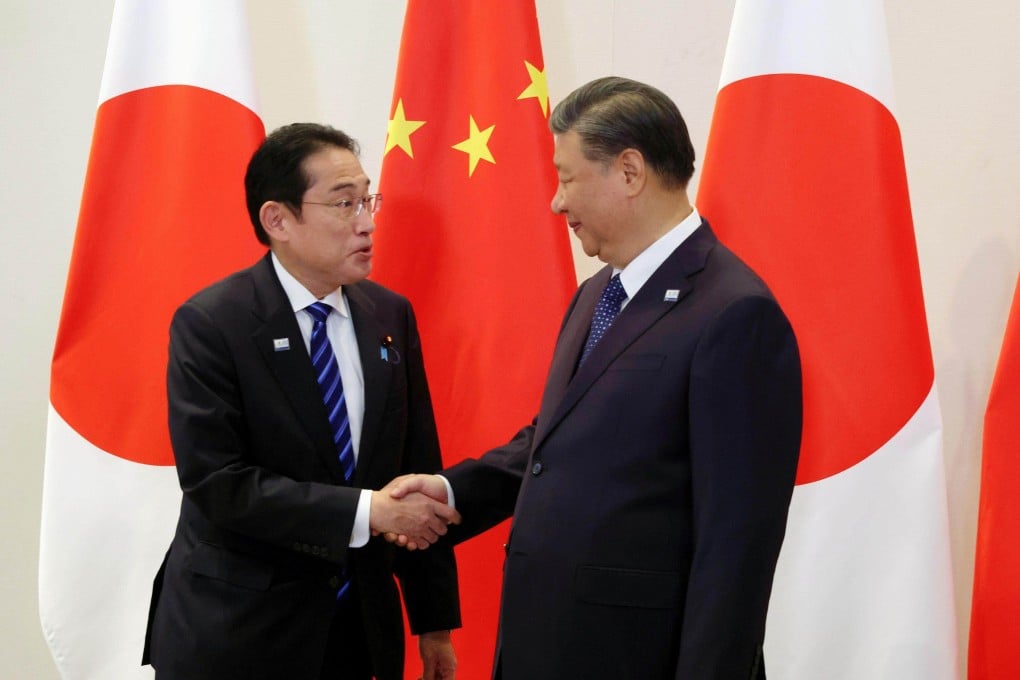Advertisement
Opinion | Why China should move beyond wartime past and forge closer ties with Japan
- Amicable relations and reduced tensions are good for both countries, Asia and the world. Critically, if China and Japan remain hostile, it will only play into the hands of the US
Reading Time:3 minutes
Why you can trust SCMP
25

December 13 will be the 86th anniversary of the rape of Nanking. After all these years, the relationship between China and Japan is still trapped in the long shadow of history. On each side, public opinion of the other is close to rock bottom. Amid strained relations, Chinese President Xi Jinping and Japanese Prime Minister Fumio Kishida met in San Francisco last month, their first face-to-face meeting in a year, to pursue mutually beneficial ties.
It was a move in the right direction. When both countries face so many common challenges – from economic woes and demographic problems, to the growing scourge of climate change and regional security issues – they have to ask themselves whether persistent tensions or closer collaboration would be better, not just for each other, but also for Asia and ultimately the world.
History has played a role in the less-than-warm relationship. China sees the root of the problem as Japan’s failure to properly apologise for its war crimes. And yet the apology issue is itself complex. In the decades immediately after the Second Sino-Japanese war (1937-1945), China did not seek an apology from Japan as it considered itself the victor.
But its attitude changed after 1989 as Beijing placed more emphasis on nationalism. Since then, Tokyo has apologised and expressed regret on many occasions for the war crimes of imperial Japan.
But to Chinese ears, most of it, with the choice of weak words, sounds insincere – a reflection of the feelings of some senior conservatives in Japan who simply did not want to apologise.
What has not helped Chinese feelings are the visits to the controversial Yasukuni Shrine, dedicated to commemorating Japan’s war dead, by Japanese leaders including prime ministers Yasuhiro Nakasone and Shinzo Abe, and what many see as Japan’s whitewashing of its history textbooks.
Advertisement
